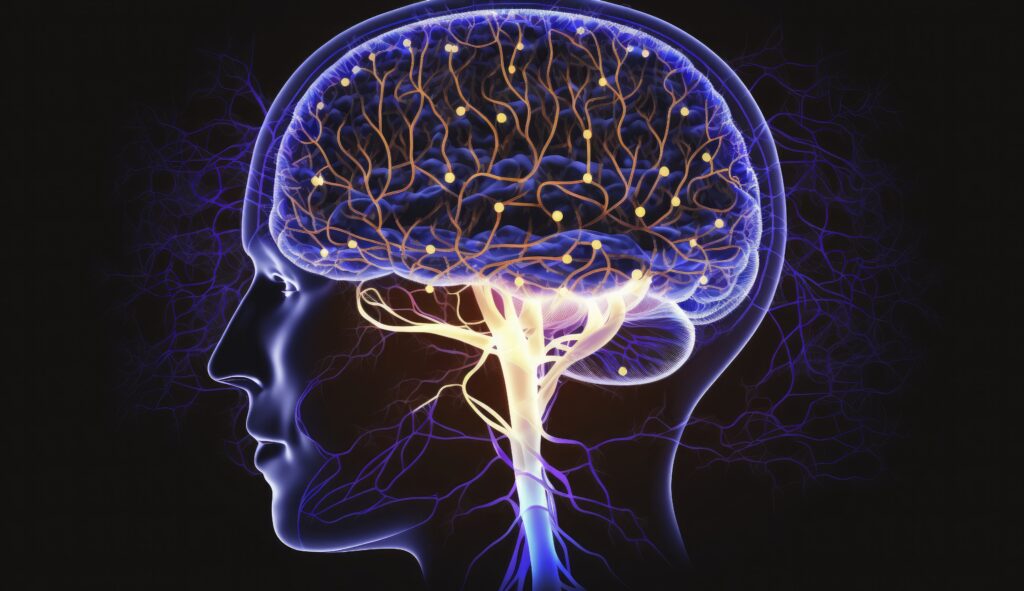

Obsessive-Compulsive Disorder (OCD) is often portrayed in extremes—like the need to wash hands repeatedly or the fear of germs. However, OCD manifests in various ways, and some habits might be overlooked as signs of this condition.
OCD involves intrusive thoughts (obsessions) and repetitive behaviours (compulsions) that aim to ease the distress these thoughts cause. Many people engage in habits that seem normal but may be undiagnosed OCD.
Here’s a list of behaviours that could fall under this category.
Constantly Checking Locks, Appliances, or Doors
It’s normal to make sure your door is locked before leaving home, but some people feel compelled to check multiple times. If you find yourself checking doors, windows, or appliances (like stoves or lights) repeatedly, even when you know they’re secure, this could be a compulsion linked to OCD.

Organising Items in a Specific Way
Many people prefer their belongings to be organized, but when you feel extreme anxiety if things aren’t arranged perfectly this could signal a deeper issue. Compulsive arranging or needing items to be in exact positions could indicate an obsession with symmetry or order, which is common in OCD.
Needing to Repeat Tasks to Feel ‘Right’
Do you ever find yourself needing to redo something—like rereading a sentence, retracing steps, or retyping a word—until it feels ‘just right’? This compulsion to repeat actions until satisfied can be an indicator of OCD, especially if not doing so leads to significant anxiety or discomfort.
Excessive Hoarding of Items
While hoarding can be a disorder, it is also a symptom of OCD. If you have an irrational fear of throwing things away, even if you don’t need them, or you find yourself unable to get rid of items due to the distress it causes, this may be linked to obsessive fears of losing something important.

Overwhelming Fear of Causing Harm
Many individuals with OCD experience intrusive thoughts about causing harm to themselves or others, even if they don’t want to act on these thoughts. To cope, they might engage in mental or physical rituals to “prevent” bad things from happening, such as constantly seeking reassurance from others that everything is fine.
Perfectionism That Affects Daily Life
Striving for excellence is a common trait, but when the pursuit of perfection becomes all-consuming, it might be a sign of OCD. For example, if the need for perfection prevents you from completing tasks, or if you feel paralyzed by fear of making a mistake, OCD could be a factor.
Excessive Cleaning Beyond Practicality
Cleaning is a regular part of life, but some individuals feel an overwhelming urge to clean excessively, even when there’s no real reason. This compulsion often stems from fears of contamination or a need for a pristine environment, which can be hallmarks of OCD.

Mental Counting or Repeating Words
Do you find yourself counting in your head or repeating certain words or phrases to feel safe or to prevent something bad from happening? This is a less recognized form of OCD where mental rituals are performed as a coping mechanism for anxiety-provoking thoughts.
Overanalysing Conversations and Actions
While reflection is natural, obsessively worrying about something you said or did—especially if it leads to extreme guilt or fear of consequences—may be an indicator of OCD. This pattern of rumination, where individuals replay conversations or events in their minds, seeking reassurance, is common in those with the disorder.
Avoiding Certain Numbers or Colours
If you feel compelled to avoid specific numbers, colours, or symbols because you believe they’re unlucky or could cause harm, this could be more than just superstition. Obsessing these elements and organizing your life around them can point to OCD-related compulsions.

What to Do If You Suspect OCD
If you recognize any of these behaviours in yourself or others, it’s essential to understand that OCD is a treatable condition. While many of these habits may seem trivial, they can significantly impact daily life and mental well-being. Consulting a mental health professional can help you identify if these habits are part of OCD and guide you toward appropriate treatment options.







Comments